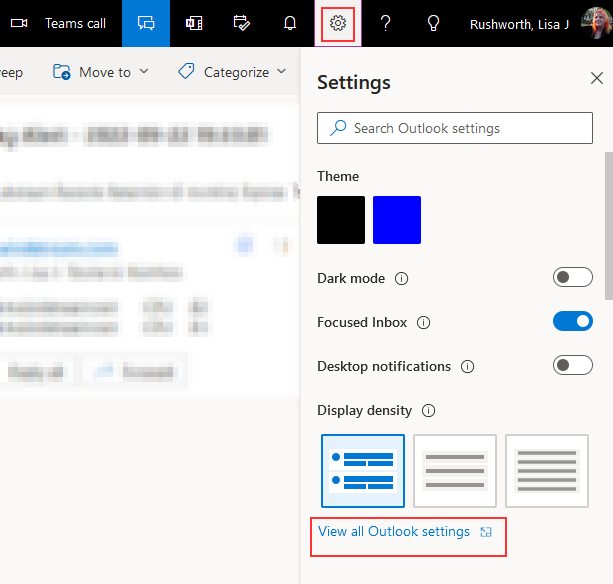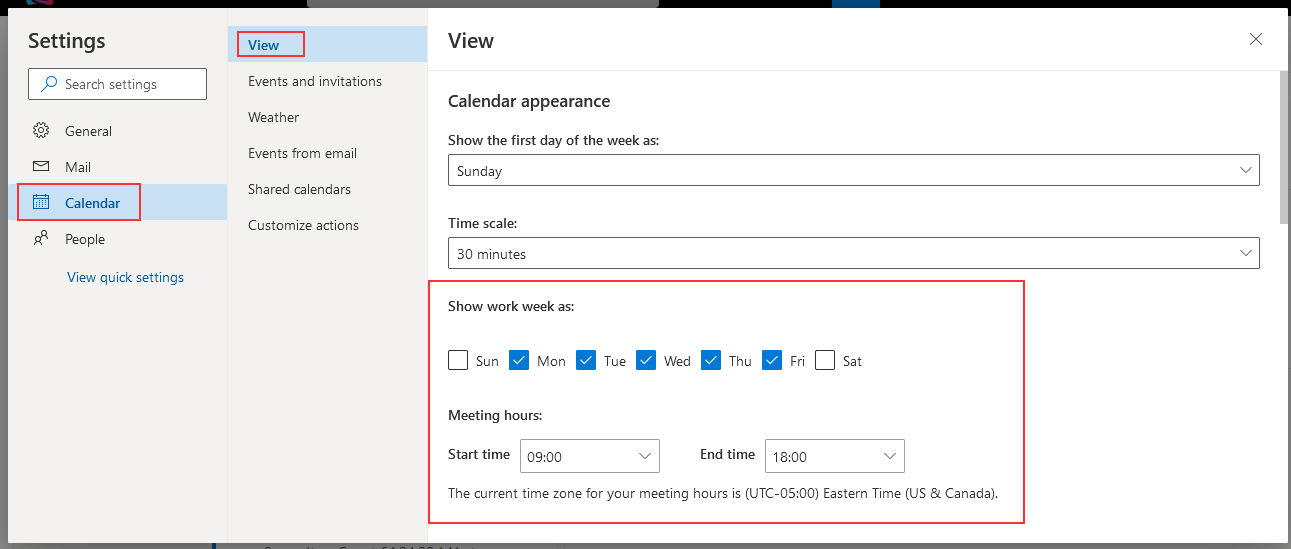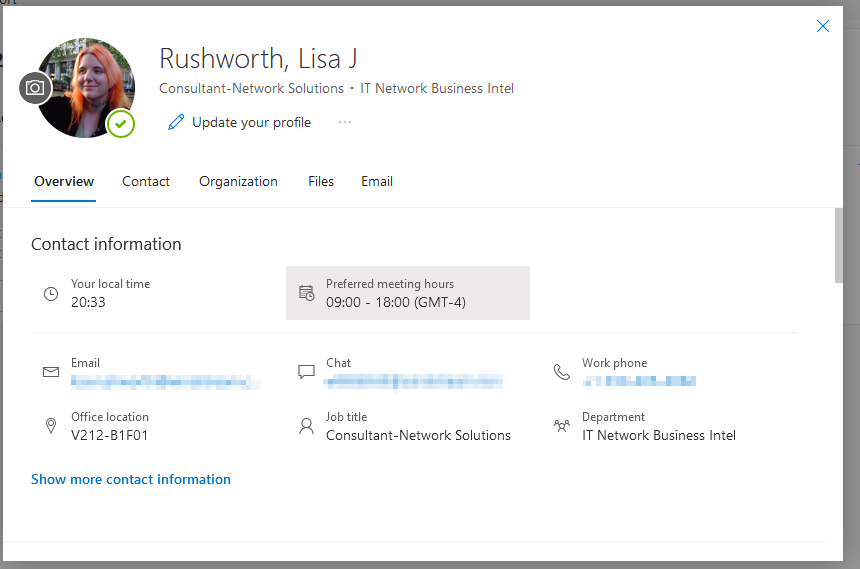The following configuration changes needed to be made to enable federated authentication through OpenIDC using OpenDistro 1.8.0 withElasticSearch 7.7.0 — this presupposes that you have an application properly registered with an OIDC identity provider.
./kibana/config/kibana.yml
opendistro_security.auth.type: "openid"
opendistro_security.openid.connect_url: "https://login.example.com/.well-known/openid-configuration"
opendistro_security.openid.client_id: "REDACTED"
opendistro_security.openid.client_secret: "REDACTED"
opendistro_security.openid.scope: "openid"
opendistro_security.openid.header: "Authorization"
opendistro_security.openid.base_redirect_url: "https://opensearch.dev.example.com"
And then on the ElasticSearch node, update ./elasticsearch/config/elasticsearch.yml
opendistro_security.ssl.transport.truststore_filepath: cacerts
And ./elasticsearch/plugins/opendistro_security/securityconfig/config.yml
basic_internal_auth_domain:
description: "Authenticate via HTTP Basic against internal users database"
http_enabled: true
transport_enabled: true
order: 4
http_authenticator:
type: basic
challenge: true
authentication_backend:
type: intern
openid_auth_domain:
http_enabled: true
transport_enabled: true
order: 1
http_authenticator:
type: openid
challenge: false
config:
enable_ssl: true
verify_hostnames: false
openid_connect_url: https://login.example.com/.well-known/openid-configuration
authentication_backend:
type: noop
Use securityadmin.sh to update — it helps if you update ./elasticsearch/plugins/opendistro_security/securityconfig/roles_mapping.yml
all_access:
reserved: false
backend_roles:
- "admin"
users:
- "lisa"
description: "Maps admin to all_access"
My experience is that the ElasticSearch API will allow authentication for local users. Kibana, however, does not — if you want to allow local users to log into Kibana, you’d either need a different Kibana instance (permanently allow local users to access Kibana) or update the kibana.yml to exclude the federated logon stuff & restart the service (temporary workaround when the identity provider has an issue).
The biggest challenge that I encountered is that there is, evidently, a bug in OpenDistro 1.13.1 that makes OIDC authentication non-functional. Downgrading to OpenDistro 1.13.0 worked, 1.8.0 (the version matched with our ElasticSearch 7.7.0 iteration) worked. And, reportedly, the newest 1.13.3 works as well.






